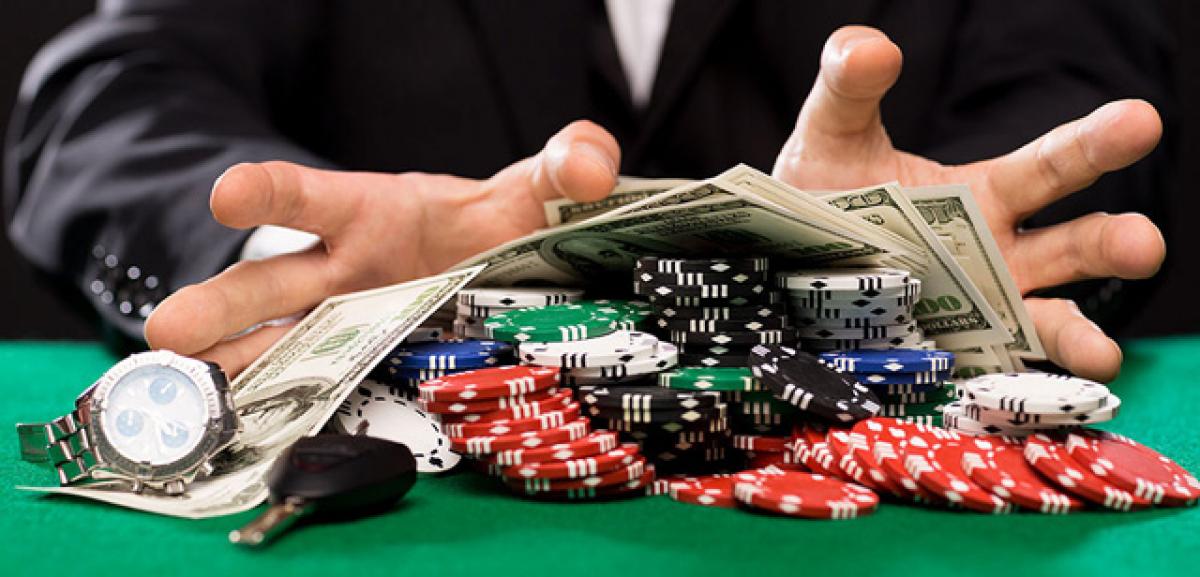Live
- Guinness World Record for continuous Hanuman Chalisa chanting
- REMOTE TRIBAL AREA TO GET NEW BRIDGE
- Dr LB College, Woxsen teams win in Climate Tank Accelerator event
- CM Revanth petitions for change in Paleru rly line
- Udupi MP seeks more key highways on top priority
- New diet plan rolled out at welfare hostels
- HRF demands for nation-wide caste census
- SP launches Medicover family health card
- Chiranjeevi Visits Allu Arjun for Lunch Amid Ongoing Legal Turmoil
- Covid ‘scam’ FIR row: Congress pursuing politics of vengeance, says BJP
Just In

Young boys who suffered traumas, including physical abuse or witnessing violence at home, are more likely to have gambling addictions and disorders in adulthood, according to a research.
Young boys who suffered traumas, including physical abuse or witnessing violence at home, are more likely to have gambling addictions and disorders in adulthood, according to a research.
The findings showed that children with probable pathological gambling problems -- a common disorder -- are more likely to suffer injuries, marital difficulties, homelessness, money problems and criminality as adults.
"This suggests that disordered gambling does not occur on its own, but that it is perhaps symptomatic of other social, behavioural and psychological problems of some individuals," said Amanda Roberts, forensic psychologist at the University of Lincoln, UK.
"We have found that among men, disordered gambling remains uniquely associated with trauma and life stressors in childhood and adulthood after adjusting for alcohol and drug dependence," Roberts added.
For the study, published in the journal Addictive Behaviours, the team examined responses in a survey of more than 3,000 men on a variety of life factors, and found that just over a quarter who had probable pathological gambling problems had witnessed violence in the home as a child.
While 10 per cent reported being physically abused in childhood, seven per cent said they had suffered a life-threatening injury. Nearly 23 per cent of men were identified as problem gamblers -- displaying a less harmful relationship with gambling than their pathological peers -- also reported witnessing violence at home, while the rate for non-problem gamblers was just 8 per cent.
Similarly, men who reported personally suffering physical abuse in childhood, with 10 per cent of pathological gamblers reporting being the victim of violence, versus nine per cent for problem gamblers and four per cent for non-problem gamblers.
"General experiences of stressful life events" such as job loss or homelessness in adulthood are not associated with "the same extreme psychological responses", suggesting that associations with traumatic events at an early age might increase vulnerability to developing gambling problems, Roberts noted.
The study highlight a need for gambling treatment services to include routine screening for traumatic life events or substance abuse, so that treatments can be better tailored.

© 2024 Hyderabad Media House Limited/The Hans India. All rights reserved. Powered by hocalwire.com







